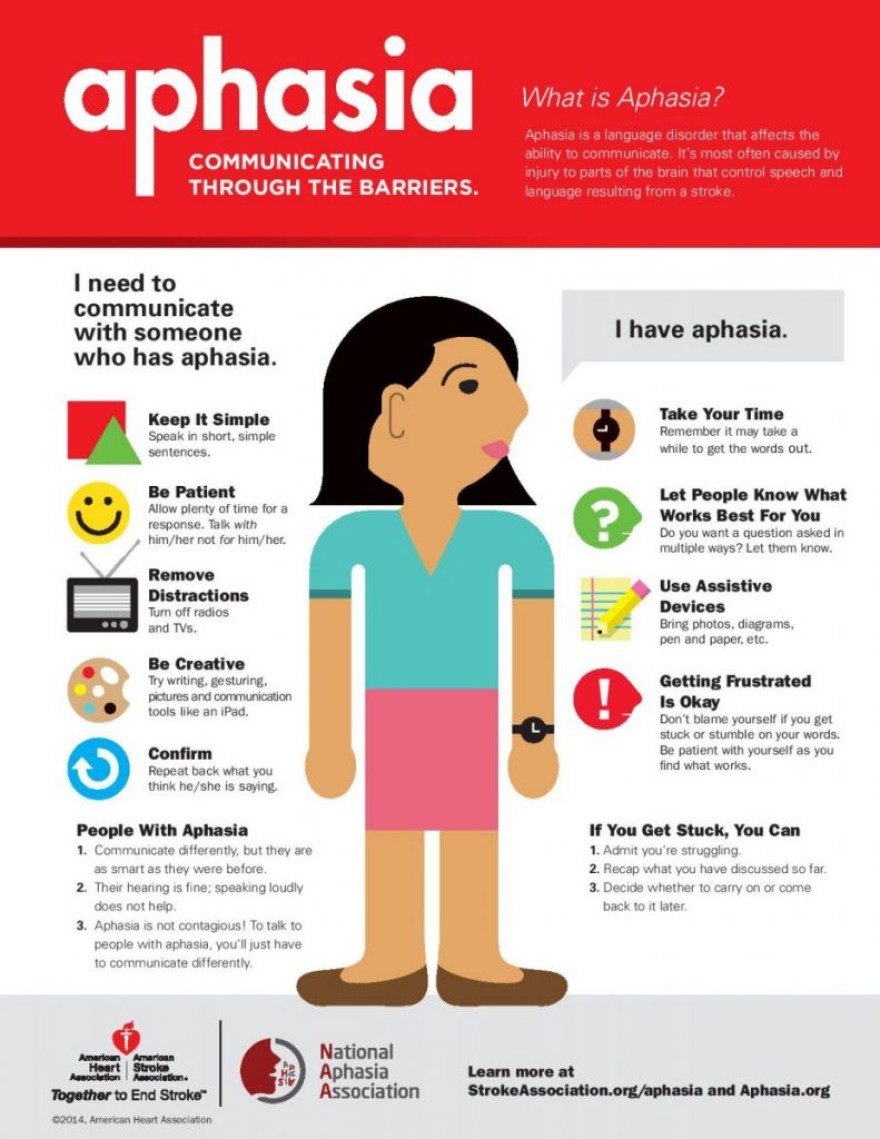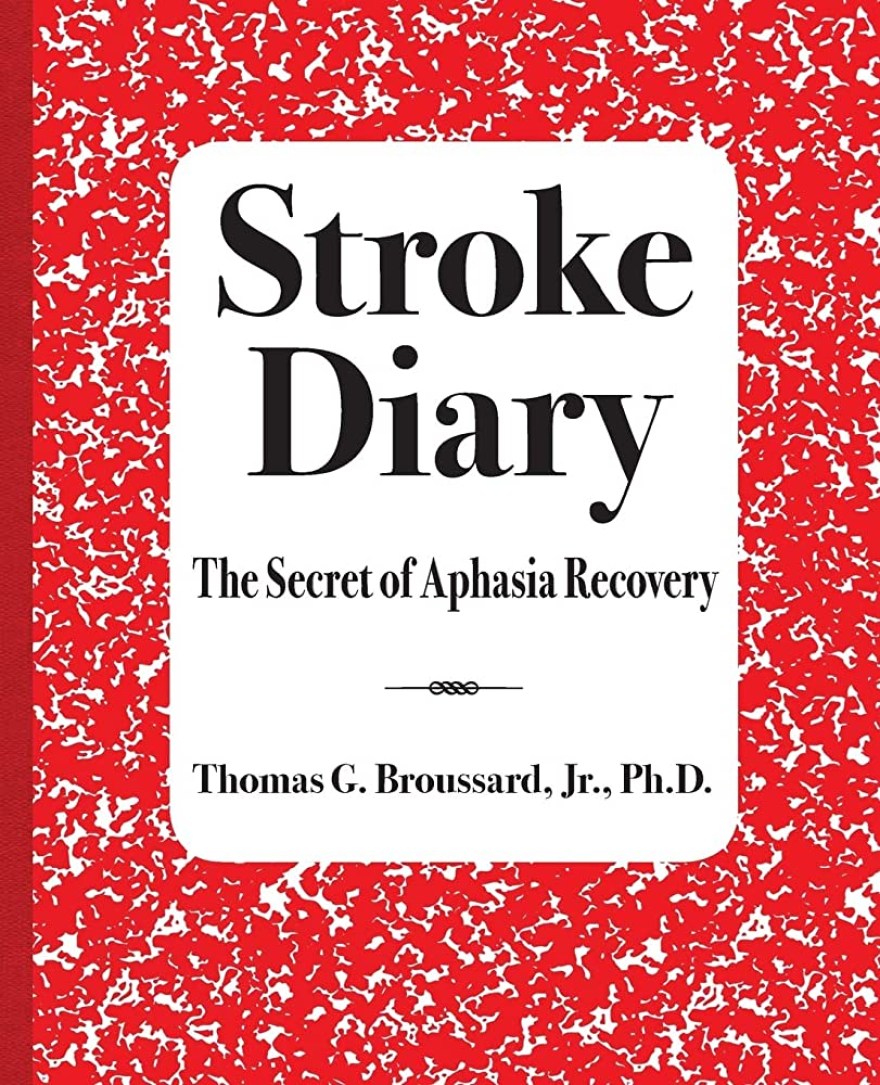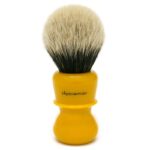Discover Inspiring Stroke Aphasia Recovery Stories: Transform Your Journey To Healing Now!
Stroke Aphasia Recovery Stories: Overcoming Communication Challenges
Stroke is a serious medical condition that can happen to anyone at any age. It occurs when blood flow to the brain is interrupted, leading to the damage of brain cells. One of the most common side effects of stroke is aphasia, a communication disorder which can range from mild to severe. It affects a person’s ability to speak, understand speech, read, and write. However, with the right treatment and support, many stroke survivors have been able to recover from aphasia and regain their communication skills. In this article, we will explore some inspiring stroke aphasia recovery stories and the related keywords such as stroke, aphasia, recovery, and communication.
What is Stroke Aphasia Recovery?
Stroke aphasia recovery is the process of regaining communication skills after a stroke. It involves various therapies, such as speech therapy, cognitive therapy, occupational therapy, and physical therapy. The recovery process can be challenging, but with patience and determination, many stroke survivors have been able to make significant progress. The recovery timeline varies for each person, and it depends on various factors such as the severity of the stroke, the type of aphasia, and the person’s overall health.
2 Picture Gallery: Discover Inspiring Stroke Aphasia Recovery Stories: Transform Your Journey To Healing Now!


Who are the Stroke Aphasia Recovery Survivors?
Stroke aphasia recovery survivors are people who have experienced a stroke and have overcome communication challenges through therapy and support. They come from different backgrounds, ages, and cultures. Some stroke aphasia recovery survivors have mild aphasia, while others have severe aphasia. They may have different recovery journeys, but they all share a common goal of regaining their communication skills and living a fulfilling life.
When and Where to Seek Help for Stroke Aphasia Recovery?

Image Source: berkeley.edu
It is essential to seek help for stroke aphasia recovery as soon as possible. The earlier a person receives therapy, the better chance they have of recovering their communication skills. Stroke survivors can seek help from various healthcare professionals, such as speech-language pathologists, neurologists, and occupational therapists. They can receive therapy in various settings, such as hospitals, clinics, and rehabilitation centers. Stroke aphasia recovery survivors can also seek support from stroke support groups, which provide emotional support and practical advice.
Why is Stroke Aphasia Recovery Important?
Stroke aphasia recovery is crucial for stroke survivors to regain their independence and improve their quality of life. Communication is an essential aspect of daily life, and having aphasia can significantly impact a person’s ability to interact with others and perform everyday tasks. It can lead to social isolation, depression, and anxiety. By receiving therapy and support, stroke aphasia recovery survivors can overcome communication challenges and reintegrate into society.
How to Support Stroke Aphasia Recovery Survivors?
There are different ways to support stroke aphasia recovery survivors. One way is to educate oneself about stroke and aphasia to better understand what they are going through. Another way is to provide emotional support and encouragement. Stroke aphasia recovery survivors may also need practical assistance, such as help with transportation, communication devices, and daily tasks. It is essential to involve stroke aphasia recovery survivors in social activities and encourage them to participate in therapy and support groups.
Pros and Cons of Stroke Aphasia Recovery Therapies

Image Source: media-amazon.com
There are various therapies available for stroke aphasia recovery, each with its pros and cons. Speech therapy is one of the most common therapies, and it focuses on improving communication skills through exercises and techniques. It can be time-consuming and expensive, but it has been proven to be effective for many stroke survivors. Cognitive therapy aims to improve cognitive skills such as memory, attention, and problem-solving. It can be helpful for stroke survivors who have both aphasia and cognitive deficits. Occupational therapy focuses on improving the person’s ability to perform daily tasks such as dressing and cooking. It can be beneficial for stroke survivors who have physical disabilities as well.
The Benefits of Stroke Aphasia Recovery
The benefits of stroke aphasia recovery are numerous. By regaining communication skills, stroke aphasia recovery survivors can improve their quality of life, reintegrate into society, and reduce the risk of social isolation, depression, and anxiety. They can also resume their work and hobbies, and participate in social activities. Furthermore, stroke aphasia recovery can improve the person’s overall health and well-being, as communication is essential for accessing healthcare and receiving medical advice.
The Challenges of Stroke Aphasia Recovery
The challenges of stroke aphasia recovery are significant. It can be a long and tiring process, and progress may be slow. Some stroke survivors may experience frustration, depression, and anxiety, which can impact their motivation to continue therapy. Additionally, therapy can be expensive, and not all stroke survivors may have access to it. Finally, stroke aphasia recovery survivors may still face communication challenges even after therapy, which can be discouraging.
Conclusion: Stroke Aphasia Recovery is Possible
Stroke aphasia recovery is a challenging journey, but it is possible with the right therapy and support. Many stroke aphasia recovery survivors have overcome communication challenges and regained their independence and quality of life. It is essential to seek help as soon as possible and to involve stroke aphasia recovery survivors in therapy and support groups. By providing emotional support and practical assistance, we can help stroke aphasia recovery survivors to overcome communication challenges and achieve their goals.
This post topic: Stroke

